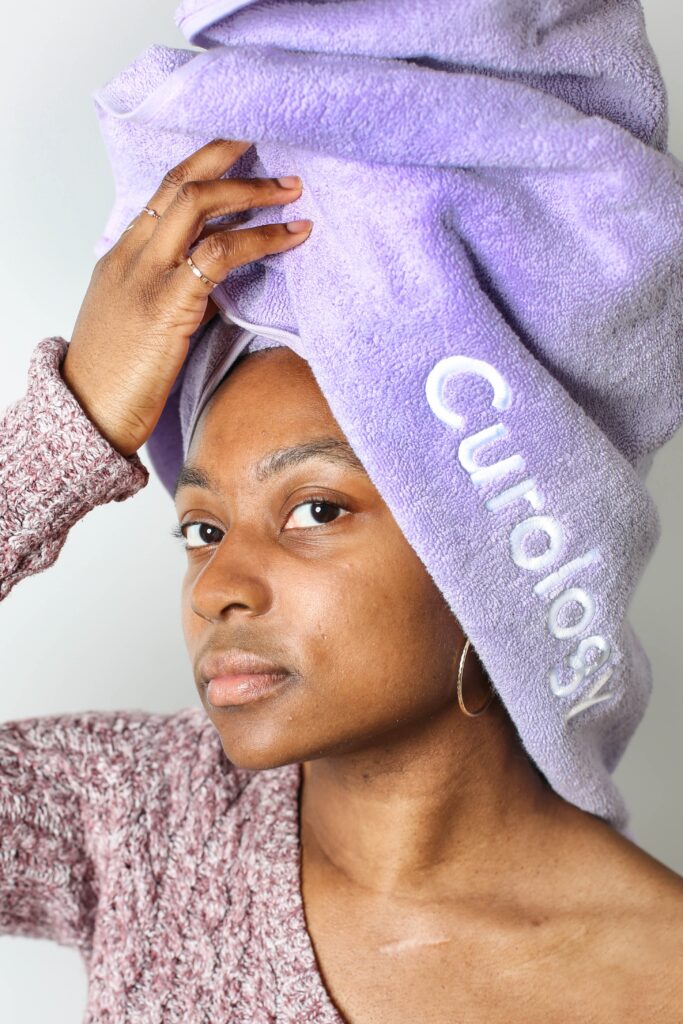Acne breakouts can be frustrating and embarrassing, affecting people of all ages. While various factors can contribute to the development of acne, some everyday habits and wrong skincare practices can exacerbate the condition.
Understanding these triggers can help you make better choices to improve your skin’s health and reduce the frequency and severity of acne breakouts. In this blog post, we’ll explore ten common habits that can increase acne and breakouts.
-
Picking and Squeezing Pimples:
Resist the urge to pop or squeeze pimples as it can introduce bacteria deeper into the skin, leading to inflammation and potential scarring. Additionally, touching your face with dirty hands can transfer bacteria and oil, worsening existing acne.
-
Using Harsh Skincare Products
Using abrasive or alcohol-based skincare products can strip your skin of its natural oils, causing dryness and irritation. In response, your skin may produce more sebum, which can clog pores and trigger acne breakouts.
-
Skipping Proper Skincare Routine
Consistent skin care is vital for maintaining healthy skin. Neglecting to cleanse, moisturize, and exfoliate regularly can allow dirt, oil, and dead skin cells to accumulate, clogging pores and contributing to breakouts.
-
Not Removing Makeup Before Bed
Sleeping with makeup on can trap dirt and oil in your pores, leading to clogged pores and acne breakouts. Always remember to remove your makeup thoroughly before going to bed.

-
Overwashing Your Face
While keeping your face clean is essential, washing it excessively can disrupt your skin’s natural balance, causing dryness and irritation. Stick to washing your face twice daily with a gentle, non-comedogenic cleanser.
-
Using Dirty Makeup Brushes
Dirty makeup brushes can harbor bacteria, which can lead to breakouts when applied to the skin. Regularly clean your brushes to avoid transferring unwanted bacteria to your face.
-
Eating an Unhealthy Diet
Consuming excessive sugary, processed foods and dairy products has been linked to worsening acne in some individuals. Opt for a balanced diet rich in fruits, vegetables, whole grains, and lean proteins to support clear skin.
-
Stress and Lack of Sleep
Stress triggers the release of hormones that can stimulate oil production in the skin, leading to acne breakouts. A lack of sleep can also contribute to inflammation and skin problems. Prioritize stress management techniques and aim for 7-9 hours of quality sleep per night.
-
Hair Products and Hairstyles that mess up your skincare
Hair products containing oils or silicones can transfer to your face and clog pores, leading to breakouts along the hairline and forehead. Tight hairstyles that pull on the skin can also irritate the scalp and lead to acne.
-
Using Dirty Pillowcases
Dirty pillowcases can accumulate oil, sweat, and bacteria, which can be transferred to your face as you sleep. Change your pillowcases regularly and consider using hypoallergenic fabrics to reduce skin irritation.
making small changes to your daily habits and routines can have a significant impact on managing acne breakouts. By avoiding harmful practices and adopting a consistent skincare regimen, you can improve your skin’s health and achieve a clearer, more radiant complexion.
If your acne persists or becomes severe, consider consulting a dermatologist for personalized advice and treatment options. Remember, every skin is unique, and what works for one person may not work for another, so it’s essential to find a tailored approach that suits your specific skin needs.















